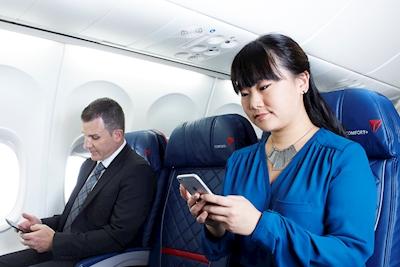
FRANKFURT—IATA expects airlines will have to charge much higher fares if social distancing rules are introduced on board of aircraft.
“[As an airline] you have two options: you either lose enormous amounts of money or you increase the ticket price by at least 50% to ensure a minimum profit,” IATA director general and CEO Alexandre de Juniac said April 21. “Cheap travel will not be possible.”
De Juniac’s comments came as IATA has begun regional videoconferences with regulators to determine the conditions under which air travel can restart following what is an almost complete stop in many key markets. The global airline association hopes that effective health measures and strict rules to contain the risk of infection during travel will help restore public confidence in flying while also allowing air transport to return to economic sustainability.
“Confidence is everything once markets open up,” said chief economist Brian Pearce. But IATA’s own observations lead it to conclude that confidence is still “at rock-bottom,” even in domestic markets where airlines expect the quickest recovery.
According to IATA data, the U.S. domestic market has a share of 40% of all domestic markets in terms of revenue passenger kilometers (RPKs), followed by China at 25%. The U.S. market is currently somewhat “stabilized by policy measures,” as Pearce refers to the Coronavirus Aid, Relief and Economic Security (CARES) Act.
There has been some recovery in the Chinese domestic market up to around 45% of pre-crisis demand but from there improvements stall—mainly because China’s service businesses are still suffering, and leisure travel has not returned.
Finally, Pearce observed that demand in Australia is still very low even though new COVID-19 cases have been much reduced.
IATA expects the return of demand to be slow as the global economic recession will continue to damage passenger confidence in the third quarter and beyond. The association has forecast a 48% drop in traffic for the year. IATA’s analyses show that there is some level of pent-up demand that airlines will benefit from. On the other hand, surveys show that many customers are deferring air travel by six months or more to reduce discretionary spending.





